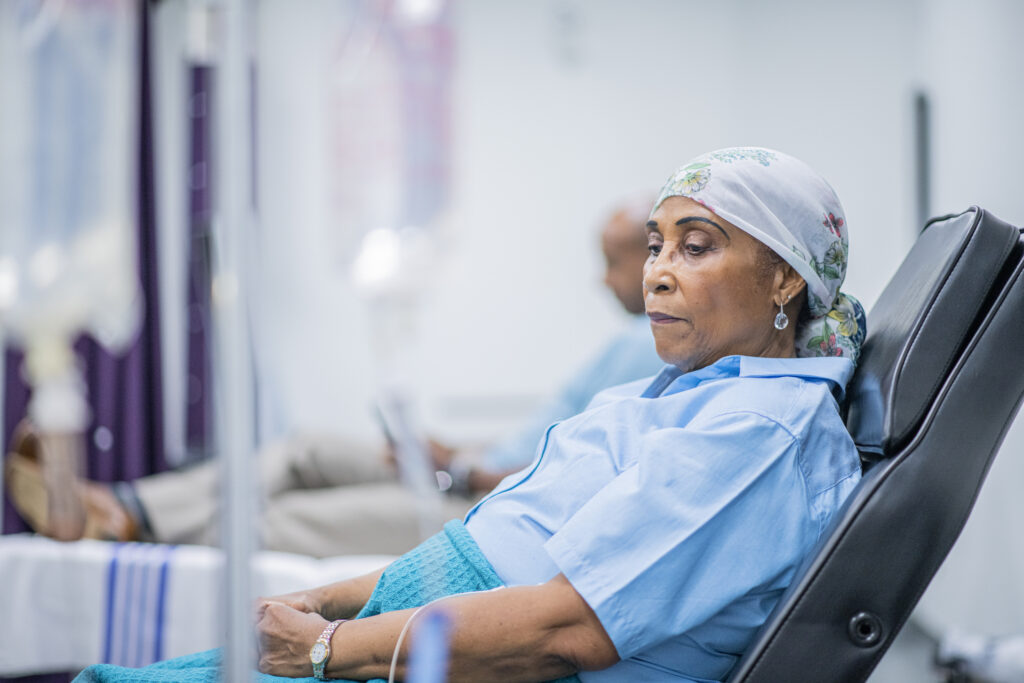
First Opinion is STAT’s platform for interesting, illuminating, and provocative articles about the life sciences writ large, written by biotech insiders, health care workers, researchers, and others.
To encourage robust, good-faith discussion about issues raised in First Opinion essays, STAT publishes selected Letters to the Editor received in response to them. You can submit a Letter to the Editor here, or find the submission form at the end of any First Opinion essay.
The Story
“Doing more cancer screening won’t reduce Black-white health disparities,” by Adewole Adamson, Vishal Patel, and G. Gilbert Welch
The Response
The op-ed unfairly and dangerously diminishes the value of cancer screening in reducing health disparities. As the writers acknowledge, numerous, complex factors contribute to poorer outcomes for Black patients than for white patients. Long-standing problems — like structural racism, poverty, lack of health insurance, and reduced care access — lead to poorer health and outcomes. Medtech innovators have forcefully advocated for Medicare, and other, policies to facilitate patient access to technologies, both established and emerging — including cancer screening — and are developing devices that are faster, more accurate, and more accessible than before. Cervical cancer screening kits for home use are in development. AI-enabled medtech devices are achieving more accurate diagnoses and helping clinicians find appropriate care pathways.
These devices have tremendous potential to reduce the number of tests needed for accurate diagnoses and to direct patients to the best care. Early detection can directly impact patient outcomes, treatment options, and financial burden. A patient whose cancer is detected early may have a better prognosis and may require less aggressive and/or less lengthy care. Longer care can be especially financially debilitating for under-resourced patients. Equal or higher rates of screening for Black patients relative to white patients is a positive development. It reflects years of dedicated advocacy toward getting patients what they need.
Of course, the work is far from over. For example, women with dense breast tissue need screening beyond mammograms, and access to supplemental screening is inadequate. Addressing health disparities in cancer diagnoses and care requires a comprehensive approach, and screening plays a vital role.
So rather than cast screening as the enemy, we should promote it alongside the necessary steps preceding and following it. Maybe screening gets an under-resourced patient in the door. If there’s a cancer diagnosis, the next step should be ensuring access to appropriate treatment, not devaluing the screening that led to the diagnosis.
The authors would have patients question the value of screening. Will that accomplish better health? Instead of dismissing cancer screening, which has been shown to work, those with a voice in health care debates should continue promoting equal access to all the resources that improve patient health.
— DeChane Dorsey and Deidre Washington, AdvaMed®
Hear Patient Stories
The Story of Medtech empowers patients to share their experiences with medical technology in an effort to educate, inspire, and create community.